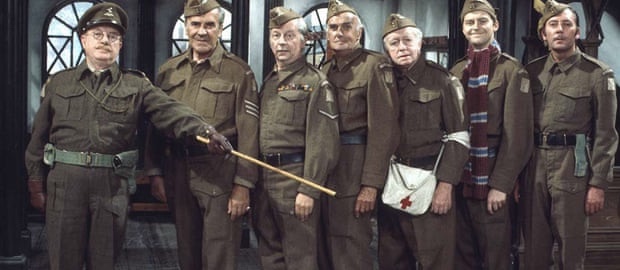
By ANDY WHIPP – Squash Mad Columnist
Sport is a funny thing. Any sport wants to constantly grow in popularity … and in wealth. Wealth, in turn, helps to grow popularity and the cycle continues. Obviously some people also want to make money from the sport, and the wealthier and more popular the sport becomes the more money these people can make, and so on…
All sports all over the world require decent people to act as volunteers to give up many hours of their time to make decisions which they feel will help their sport, or their club.
This goes for the “big sports” and the “small sports” – even the biggest, wealthiest sport of football needs thousands of volunteers to run junior leagues, just as any sport does.
However, the “big sports” appear to know the difference in required expertise between running a small, local junior league, and the decisions made in order to grow and fund the sport on a mass scale. This, unfortunately, is where squash falls down – and these failures underscore why squash is in the “small sport” category.
Like many sports, squash is run almost exclusively by volunteer committees. The volunteers involved in squash fall into two categories: the “Doers” and the “Decision Makers”.
The “Doers” are often coaches or parents of junior players. These are good people. They are pure squash enthusiasts. They are rarely over 50 years of age. They are the organisers of events (club nights, tournaments, junior leagues etc). We all thank these good people. The sport needs as many of these people as possible.
The “Decision Makers” are the lead people on club, county and league committees. They are not always squash enthusiasts any longer. From my experience, they are usually over 60. I’m not saying age is a precursor to bad decision making, but sometimes it can lead to a conservative way of thinking.
Sport and business has changed massively over the last 25 years and, to move squash forward, our decisions cannot only be conservative. We need to move with the times – and realistically younger business-minded people tend to be better at this and are more in touch with the changing world.
For years squash committees have been a source of great frustration to the proactive “Doers” who only ever want to help and support our sport. I used to be the head coach at a large squash, tennis and fitness club. As part of the role I was a member of the club committee. In reality, all this meant was that I was privileged enough to sit and watch the older committee members make bad business decisions which did not help the club move forward.
Eventually I had enough and left. I know countless other people who have felt this way, and eventually gave up in frustration. As a result our sport has not only stagnated, but declined, as have the number of clubs containing squash courts.
I want to call for all squash committees to repopulate themselves with squash enthusiasts (the “Doers”) who aren’t there for a title that makes them feel important and to massage their own self-importance, but to give back and help the sport thrive once again.
I do realise a major issue with this: younger people have jobs and families. Their time is of premium importance to them, so giving up hours every week is not an easy decision at all.
But as I so often say – squash is a great sport with great people who genuinely want to help. I would ask for any organisation who can afford it (certainly clubs, counties and major regional leagues) to compensate in some way, the two or three “doers” who head their committee.
Maybe offer heavily reduced membership fees or structure potential rewards calculated on a commission basis. This way it actually costs the organisation nothing in-terms of real money. It will be money well spent.
It will bring in considerably more money for the establishment with a reinvigorated squash section leading to more members and a thriving squash community.
Squash needs to rethink and acknowledge WHERE the expertise is required – and WHO has the expertise the game so desperately needs.















 Phone: (800) 737. 6040
Phone: (800) 737. 6040 Fax: (800) 825 5558
Fax: (800) 825 5558 Website:
Website:  Email:
Email: 






